Libya's 'curious' football cup, played in Italy to empty stadiums
Play-offs branded 'disgrace' as Al-Ahli Tripoli are crowned Libyan league champions in Milan in front of a handful of spectators
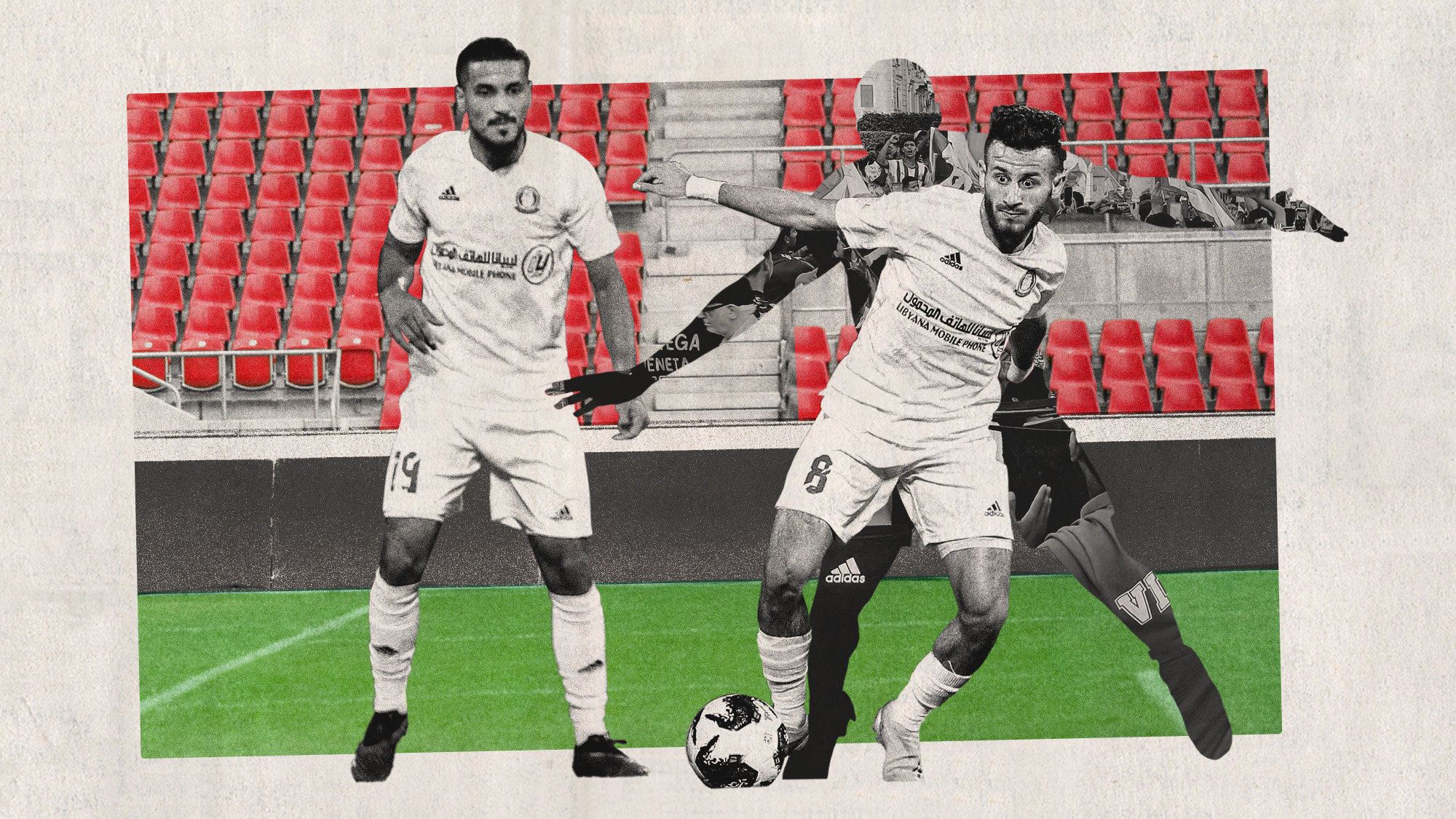
A free daily email with the biggest news stories of the day – and the best features from TheWeek.com
You are now subscribed
Your newsletter sign-up was successful
Al-Ahli Tripoli were crowned champions of the Libyan Premier League last week not in Tripoli, or even Libya, but in Milan.
Political instability and logistical issues have made it difficult to host matches safely in Libya, and the fact the newly crowned champions' 2-0 victory over rivals Al-Hilal Benghazi took place in Italy was the latest example of a "curious collaboration" between the two nations, said The New York Times.
Explosive enmity
The play-off games between Libya's top six clubs have been held in closed stadiums in Italy in front of a handful of invited guests, to minimise the possibility of conflict.
The Week
Escape your echo chamber. Get the facts behind the news, plus analysis from multiple perspectives.

Sign up for The Week's Free Newsletters
From our morning news briefing to a weekly Good News Newsletter, get the best of The Week delivered directly to your inbox.
From our morning news briefing to a weekly Good News Newsletter, get the best of The Week delivered directly to your inbox.
But the game between Al-Ahli Tripoli and Al Ittihad "descended into a melee" that saw "rival players and staff members kicking and punching one another, forcing the police to move in", said The New York Times. The on-pitch clash mirrored the "security and political crisis" that "continues to plague" Libya more than 10 years after the "bloody overthrow" of Colonel Gaddafi.
Libya's football league is split between an eastern and western conference, with the top sides in each division facing each other in a play-off to decide the overall winner. But with the west and east of Libya run by separate and mutually hostile governments – the internationally recognised government in Tripoli, and the breakaway government headquartered in Benghazi – staging the tournament within Libya is not possible.
"Primarily, they would be worried about the security of it," Tim Eaton, a researcher at the Chatham House think tank, told The New York Times. "And it's not like they would accept to play it on one side or the other."
For the second year running, the play-offs have been held in Italy, an arrangement secured last year by Italy's Prime Minister Giorgia Meloni, whose battle to stop migrant crossings to Italy relies on the co-operation of Libya's coastguard.
A free daily email with the biggest news stories of the day – and the best features from TheWeek.com
Authentic farce
The road to Sunday's final "hasn't been an easy journey", said La Gazzetta dello Sport. Even though all six games were played behind closed doors, organisers have had to contend with "hordes of fans always ready for confrontation, even including some officials", necessitating "a significant deployment of security forces".
The play-offs have been "widely described" as a "failure and a disgrace on all levels", said The Libya Observer. Players have complained of "poor hotels" and "inadequate training facilities", while Italian authorities allege "delays by Libyan officials in paying stadium and hotel fees", as well as "unsportsmanlike incidents" during games, where officials from the rival governments have often been seated almost side by side.
And while Italy has "taken up the role of neutral arbiter", it still can't "escape" the political divides that "roil" Libya, said The New York Times. Last year's final in Rome ended in farcical scenes when the championship was won by Al-Nasr, whose president is the son of Khalifa Haftar, the dictator who rules eastern Libya.
In protest at the EU's refusal to recognise the Benghazi regime, the team refused to walk on to the pitch to receive their medals, leaving Italian dignitaries standing in an empty field. An "impromptu celebration" was held in a car park outside.
Chas Newkey-Burden has been part of The Week Digital team for more than a decade and a journalist for 25 years, starting out on the irreverent football weekly 90 Minutes, before moving to lifestyle magazines Loaded and Attitude. He was a columnist for The Big Issue and landed a world exclusive with David Beckham that became the weekly magazine’s bestselling issue. He now writes regularly for The Guardian, The Telegraph, The Independent, Metro, FourFourTwo and the i new site. He is also the author of a number of non-fiction books.
-
 Political cartoons for February 15
Political cartoons for February 15Cartoons Sunday's political cartoons include political ventriloquism, Europe in the middle, and more
-
 The broken water companies failing England and Wales
The broken water companies failing England and WalesExplainer With rising bills, deteriorating river health and a lack of investment, regulators face an uphill battle to stabilise the industry
-
 A thrilling foodie city in northern Japan
A thrilling foodie city in northern JapanThe Week Recommends The food scene here is ‘unspoilt’ and ‘fun’
-
 The price of sporting glory
The price of sporting gloryFeature The Milan-Cortina Winter Olympics kicked off this week. Will Italy regret playing host?
-
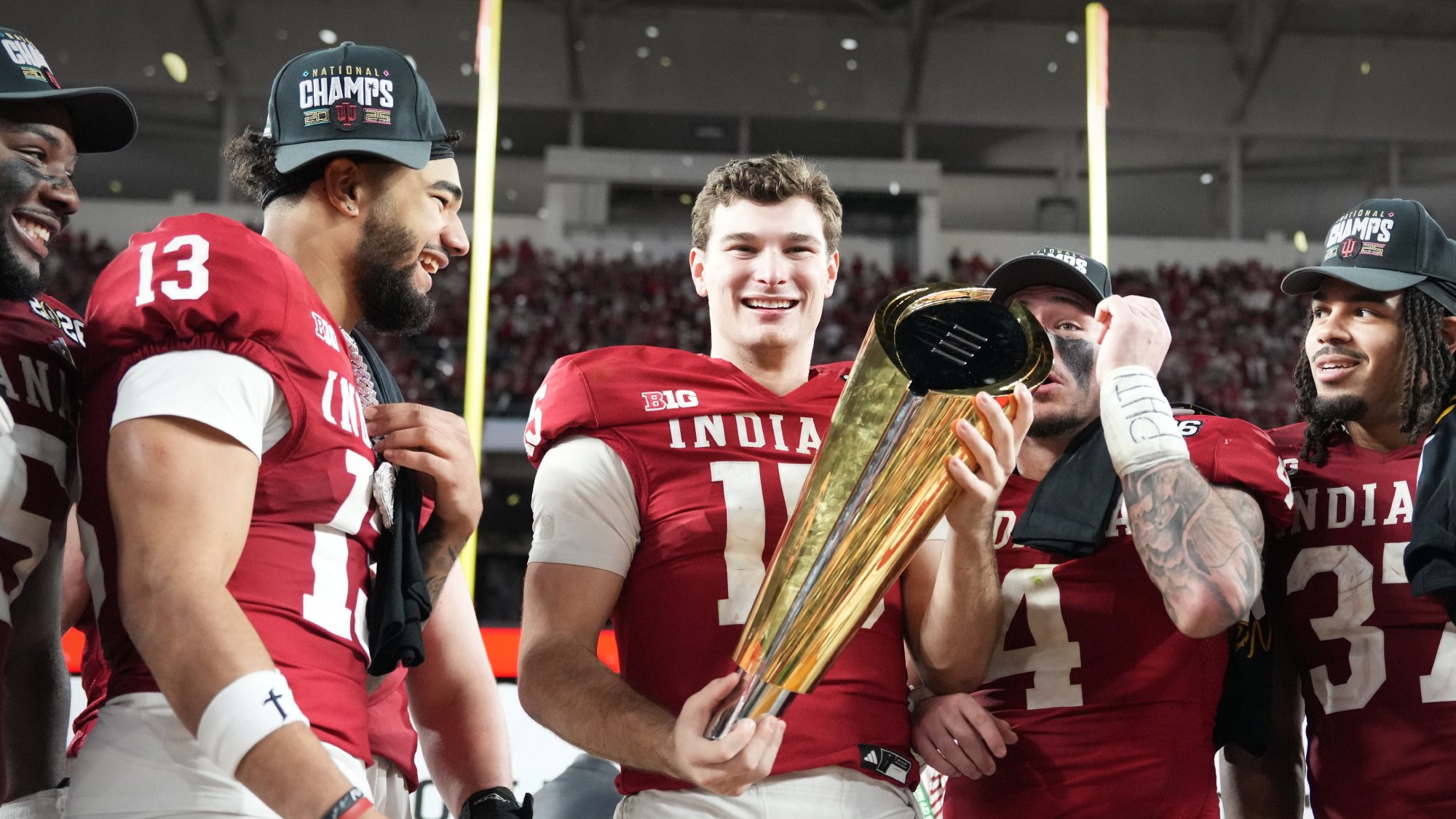 Indiana beats Miami for college football title
Indiana beats Miami for college football titleSpeed Read The victory completed Indiana’s unbeaten season
-
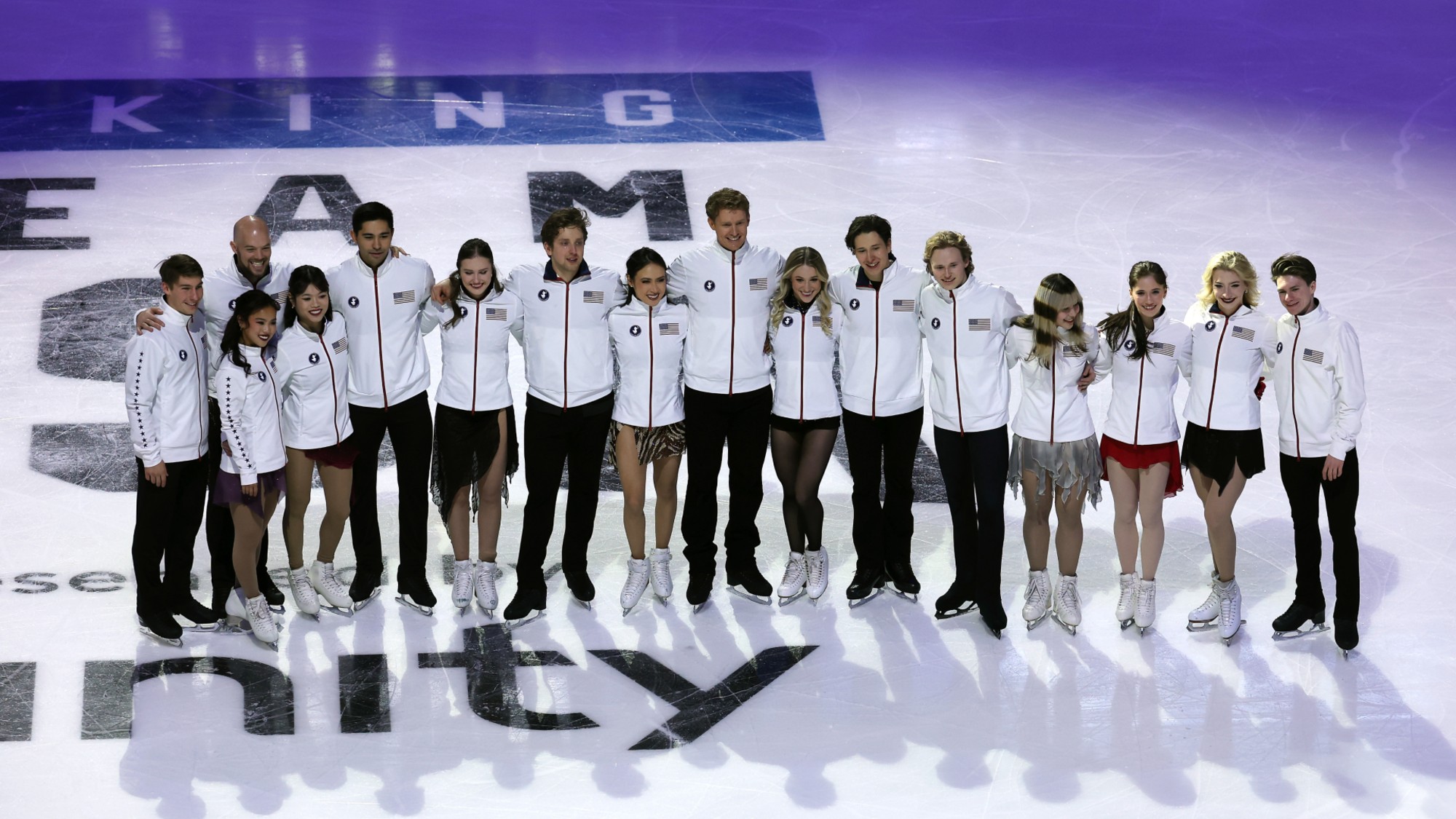 The US Olympic figure skating team might be the ‘greatest’ ever
The US Olympic figure skating team might be the ‘greatest’ everIn the Spotlight The team will take to the ice in February
-
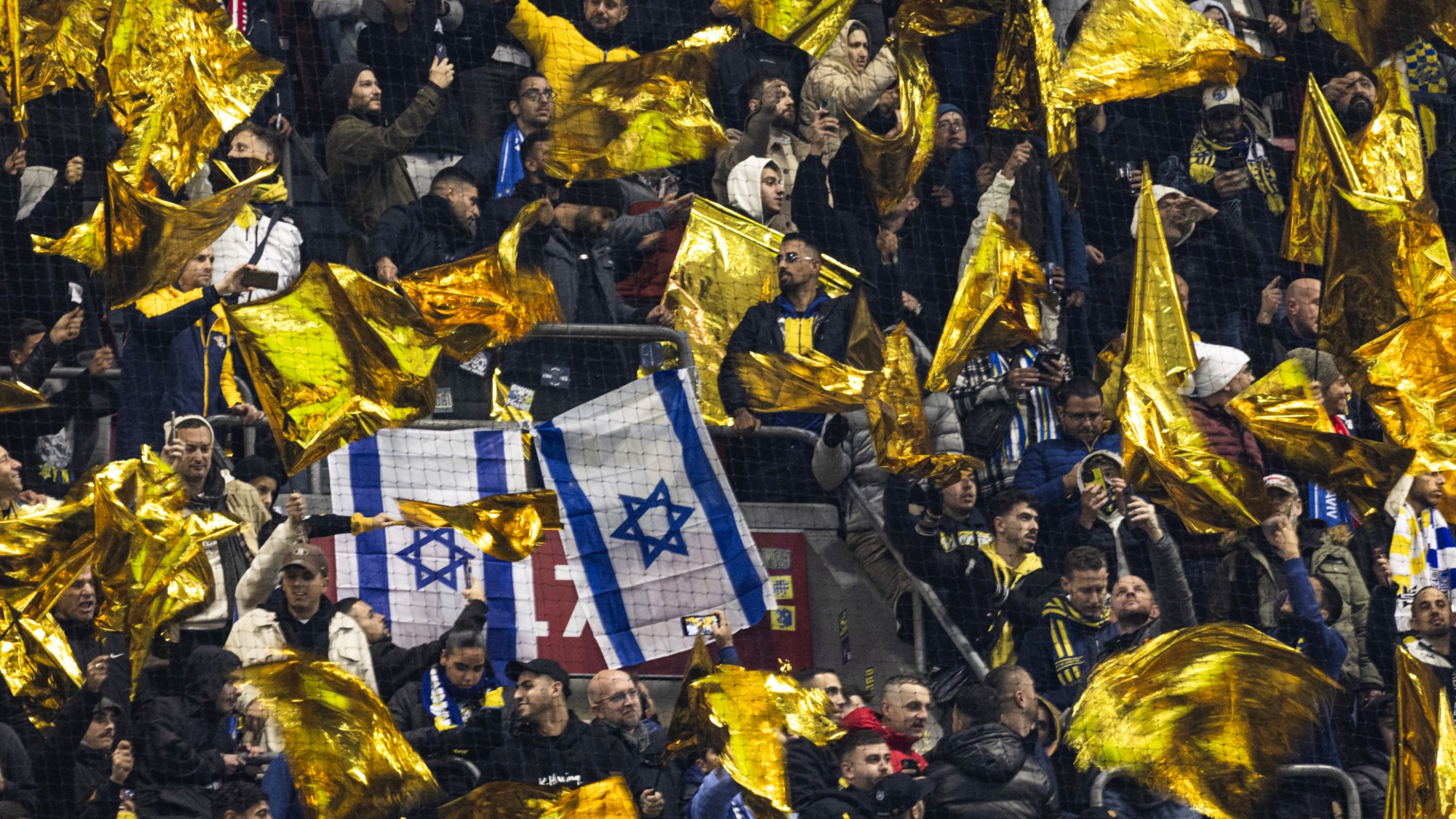 Who is to blame for Maccabi Tel Aviv fan-ban blunder?
Who is to blame for Maccabi Tel Aviv fan-ban blunder?Today’s Big Question MPs call for resignation of West Midlands Police chief constable over ‘dodgy’ justification of ban from Aston Villa match, but role of Birmingham Safety Advisory Group also under scrutiny
-
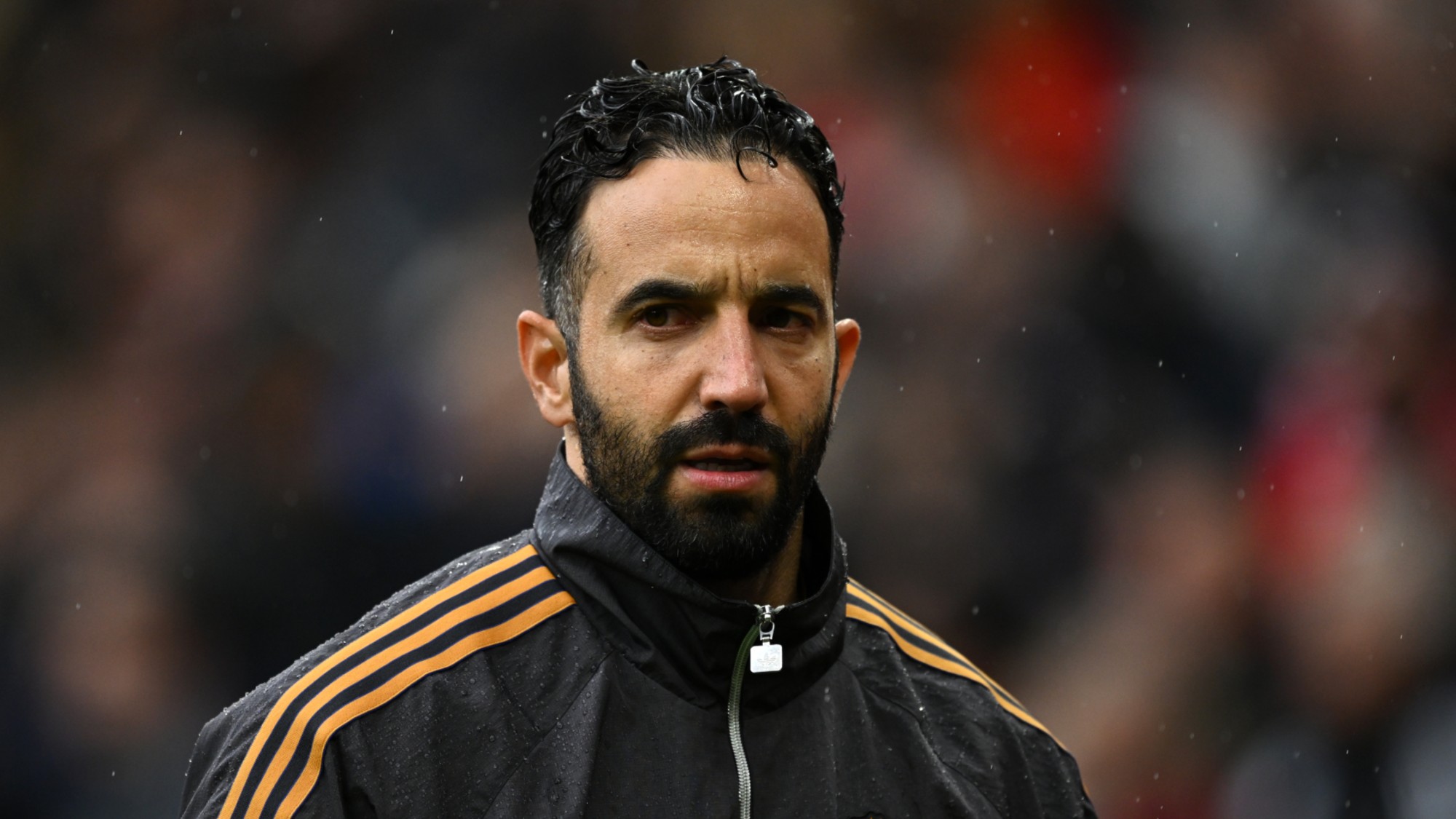 Amorim follows Maresca out of Premier League after ‘awful’ season
Amorim follows Maresca out of Premier League after ‘awful’ seasonIn the Spotlight Manchester United head coach sacked after dismal results and outburst against leadership, echoing comments by Chelsea boss when he quit last week
-
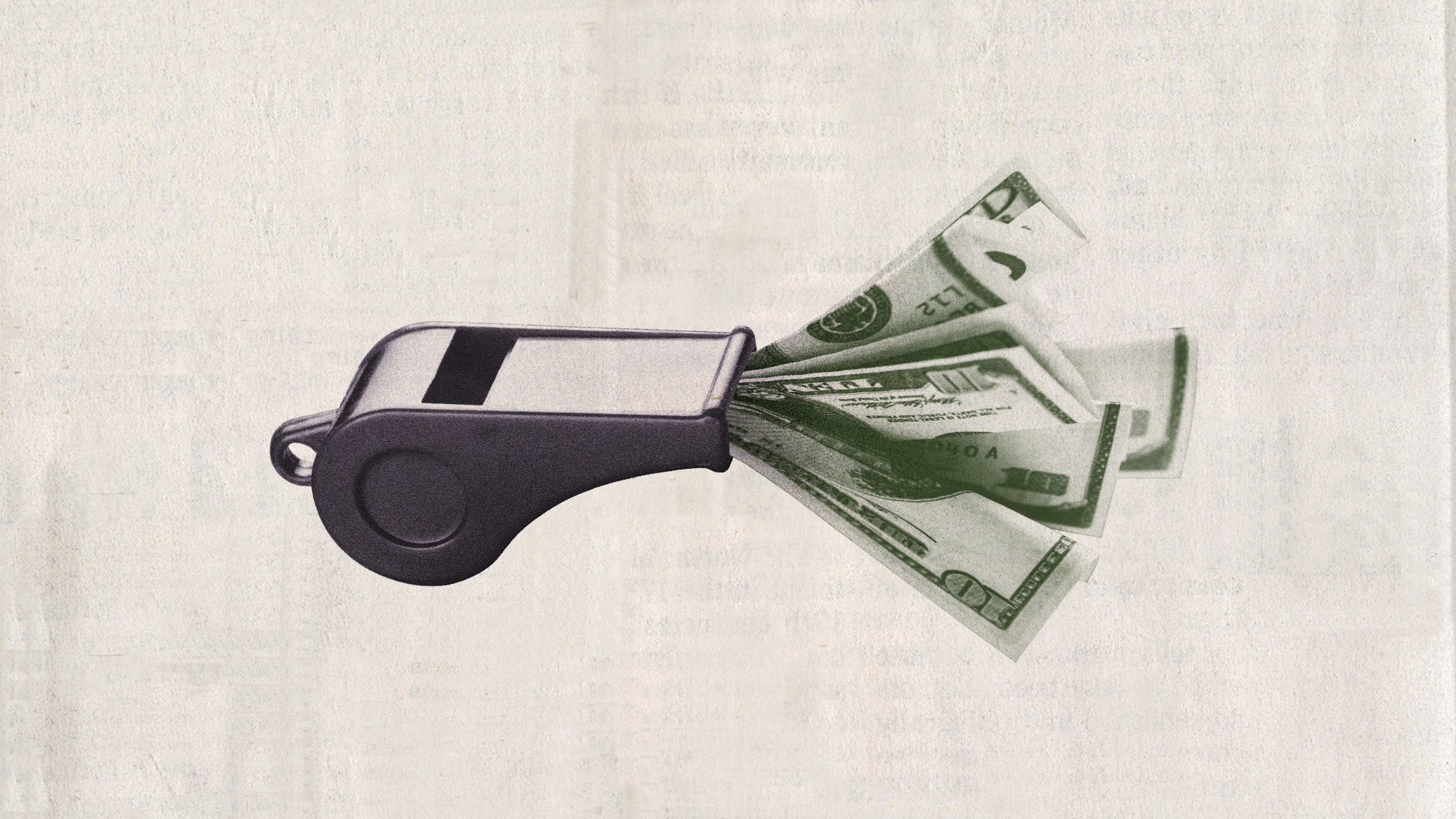 Coaches’ salary buyouts are generating questions for colleges
Coaches’ salary buyouts are generating questions for collegesUnder the Radar ‘The math doesn’t seem to math,’ one expert said
-
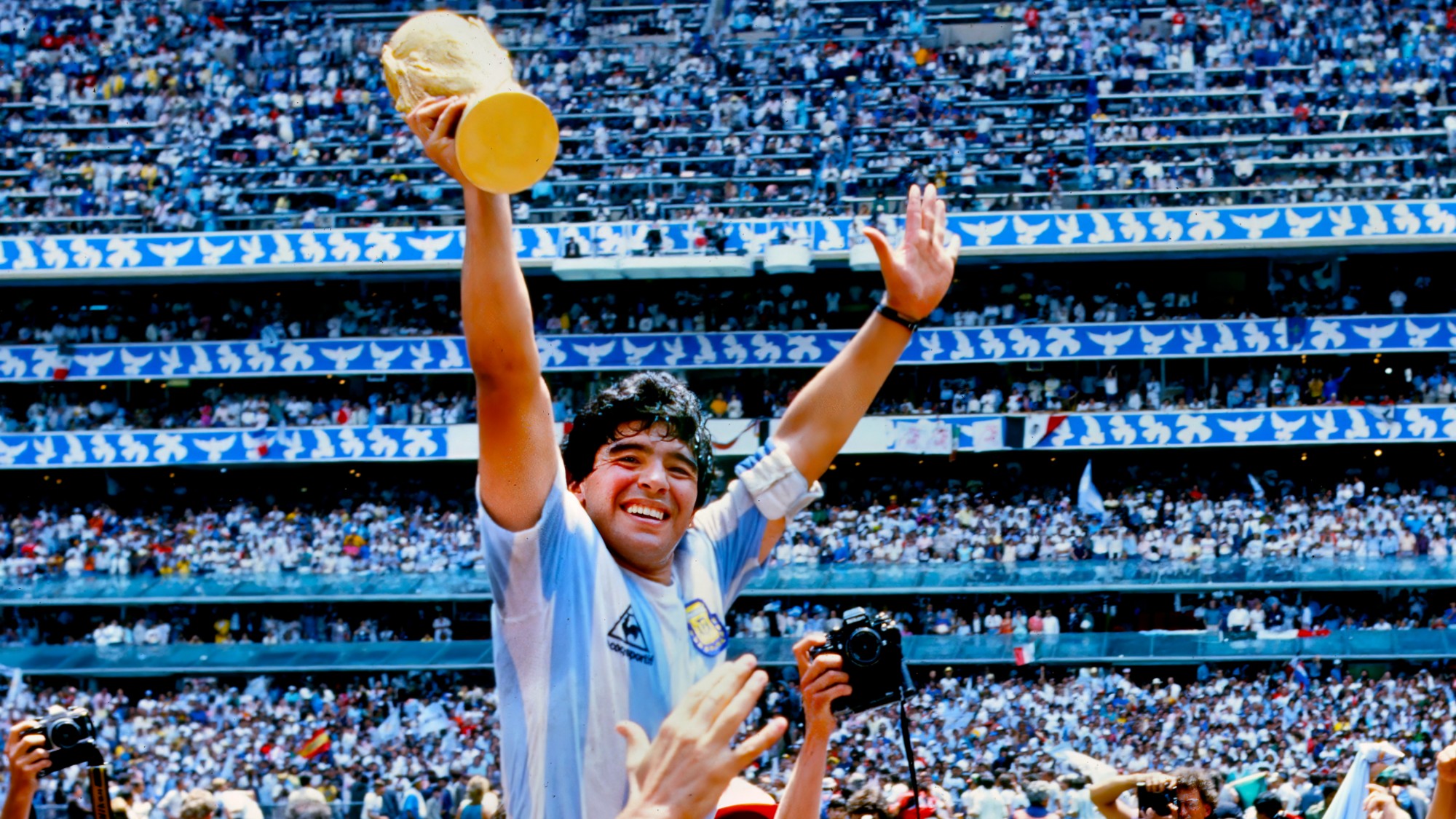 Five years after his death, Diego Maradona’s family demand justice
Five years after his death, Diego Maradona’s family demand justiceIn the Spotlight Argentine football legend’s medical team accused of negligent homicide and will stand trial – again – next year
-
 Crisis? What crisis? How Lionesses made the Euros final against the odds
Crisis? What crisis? How Lionesses made the Euros final against the oddsAmid injuries and questions about form, England's women are one step away from glory